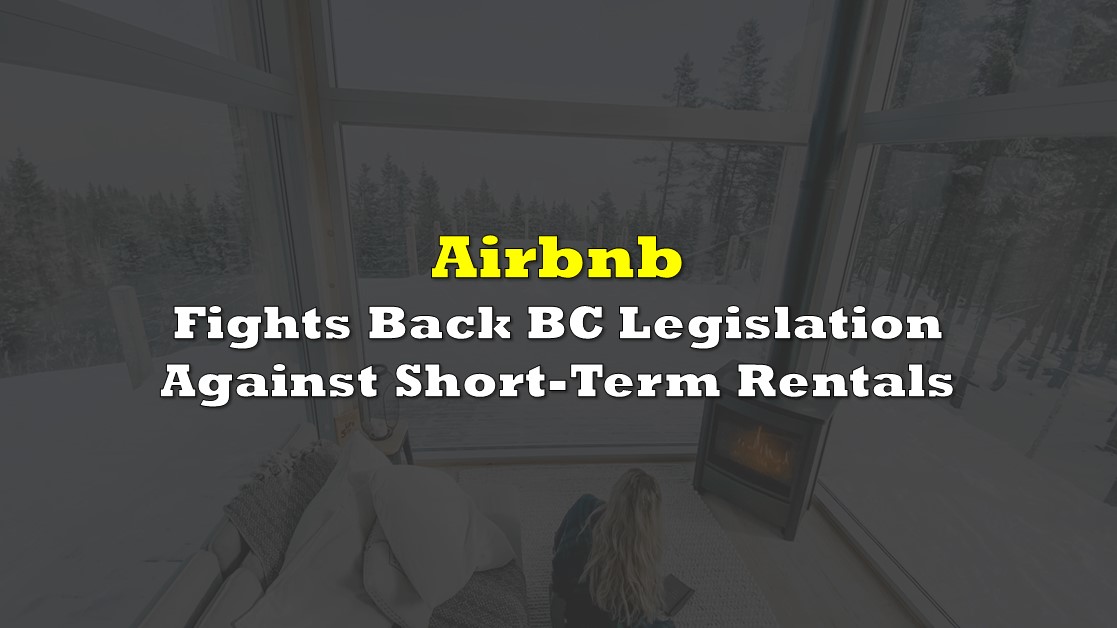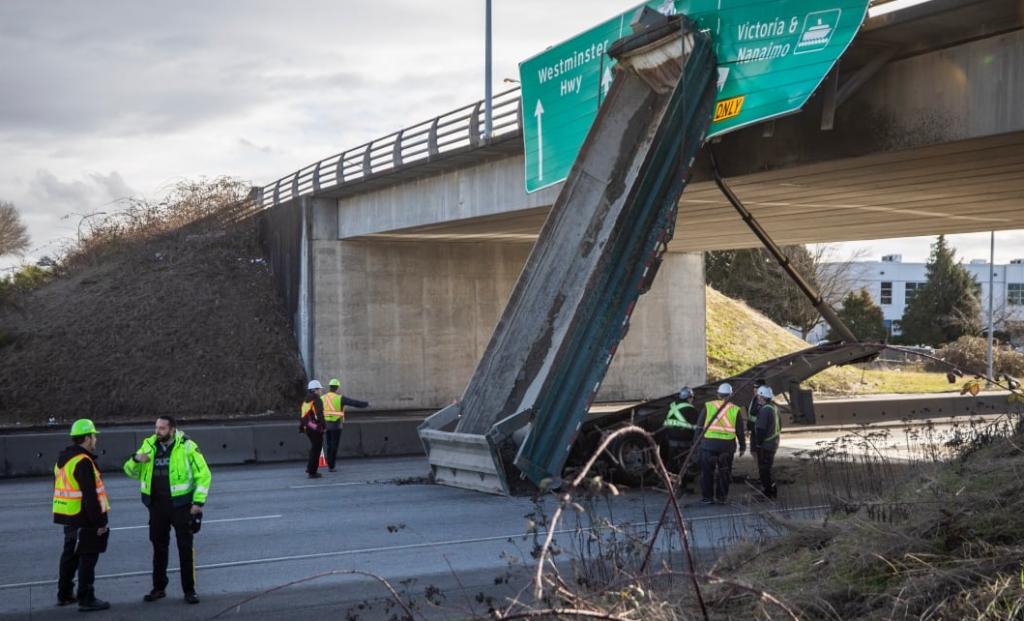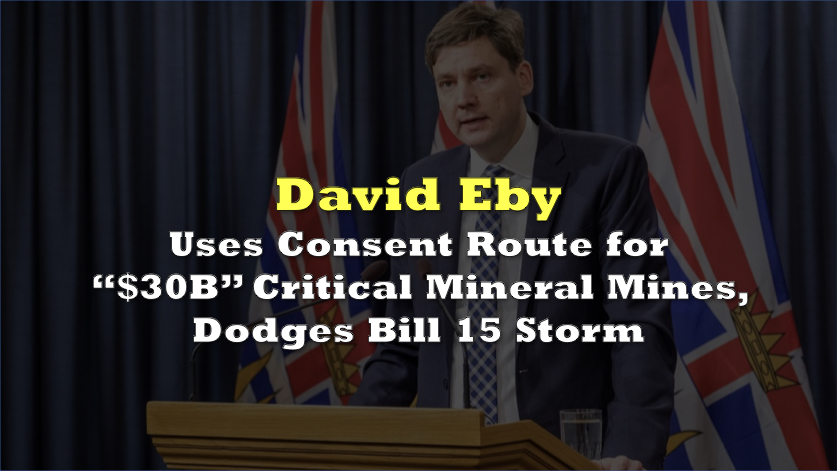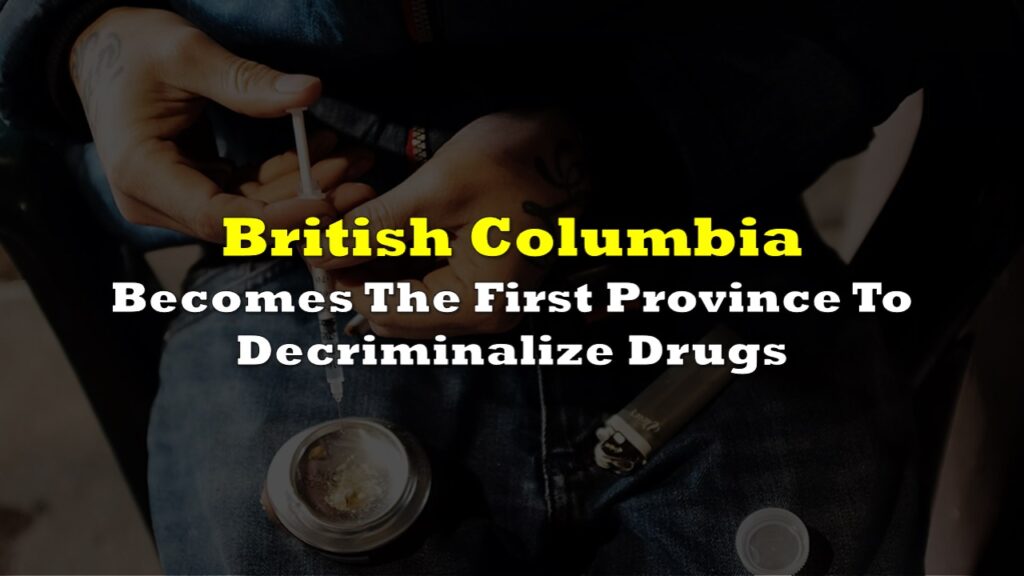Following British Columbia (BC) introducing new legislation to restrict short-term rentals, Airbnb (NASDAQ: ABNB) seems to be fighting back. The online platform is actively sending emails to Airbnb hosts for ways on how they can contact their respective MLAs to “ask them to protect your right to host.”
The email also warns the hosts that the legislation would require platforms like Airbnb to “share your personal information and data with the province,” and would “[introduce] a provincial registration system on top of any existing municipal licencing.”
“Importantly, the government is classifying short-term rentals as any rental less than 90 days,” said the email as seen in a screenshot. “This will impact hosts who share their homes on a more extended basis and will make it more difficult for those who travel for work, including healthcare, construction and contract workers, students, and those travelling to access healthcare to find a longer-term place to stay.”
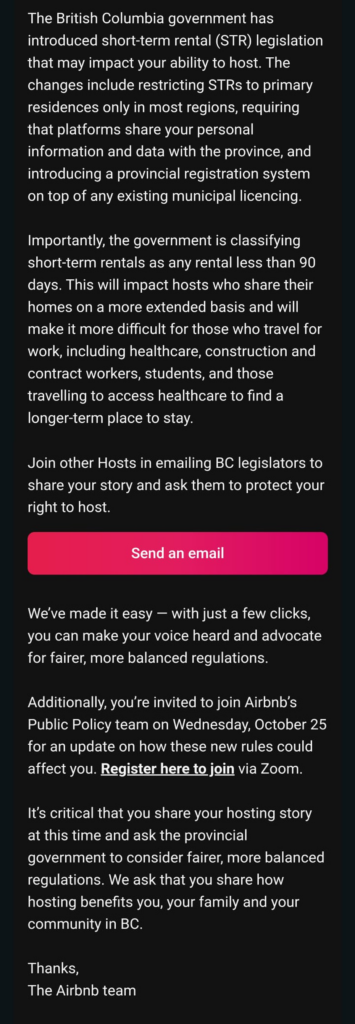
The province of British Columbia currently hosts approximately 28,000 short-term rentals across its communities. Significantly, a considerable portion of these rentals is managed by for-profit operators rather than individuals renting out their primary residences or vacation properties. Moreover, up to half of these rentals are operating in violation of existing municipal bylaws, according to the province.
To combat these abuses in the short-term rental market, Premiere David Eby explained that the new legislation introduces several critical changes. Firstly, fines for illegal operators will triple, jumping from $1,000 per infraction per day to $3,000. Additionally, regional districts, which previously lacked authority over business regulation, will be empowered to license and regulate short-term rentals.
Another vital change set to begin in May 2024 is the requirement for municipal business license numbers to be displayed on rental listings hosted on platforms like Airbnb and VRBO. Listings lacking this information will be subject to removal.
Airbnb initially expressed concerns about the legislation’s potential negative impacts. They argue that it may not alleviate the housing crisis but could instead reduce earnings for hosts, inflate accommodation costs for travelers, and decrease tourism revenue.
“We hope the B.C. government will pursue more sensible regulation and listen to the many residents – hosts, travellers and businesses – that will be impacted by the proposed rules,” wrote a spokesperson wrote in a statement.
In response to Airbnb’s email blast, a user on Reddit posted an automatic form where users who support the legislation can send emails to government office, including Eby’s, where they can express their support in “prioritizing the fundamental need for housing over the for-profit interests of Airbnb and property owners.”
Here is the link to their letter in support of Airbnb regulations, if anyone wants to sign & send. Thankshttps://t.co/pChIh8USVZ pic.twitter.com/PPy5s60SK8
— FIVRE604 (@FIVRE604) October 23, 2023
Inspired by new legislation in British Columbia, the federal government is also taking action to address a shortage of rental units.
Finance Minister Chrystia Freeland announced that the government will be implementing measures in the coming weeks to alleviate this housing issue.
“We know that short-term rentals through sites like Airbnb and Vrbo mean fewer homes for Canadians to rent and live in full time, especially in urban and populated areas of our country. That is why our government is actively examining what options and tools exist at the federal level, to ensure more short-term rentals are made available as long term-rentals, as permanent homes, for Canadians to live in,” said Freeland.
Information for this briefing was found via CBC and the sources mentioned. The author has no securities or affiliations related to this organization. Not a recommendation to buy or sell. Always do additional research and consult a professional before purchasing a security. The author holds no licenses.

